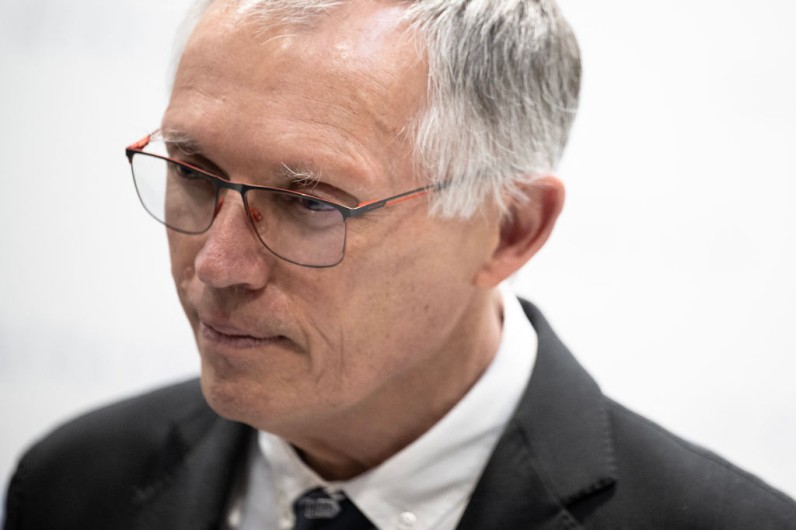
Stellantis NV CEO Carlos Tavares admitted on Thursday (June 14) that his company had been slow to respond to a series of challenges in the United States, such as manufacturing issues and growing inventories. He also acknowledged that their previous approach had been overly confident.
Stellantis CEO Carlos Tavares Admits 'Arrogant' Mistakes
According to him, it would have been wise to establish a task force to address the issues at hand. These issues have involved production challenges at a few undisclosed American facilities that are not functioning optimally.
According to his statement, it became evident in the fall of 2023 that the plant was experiencing inefficiencies in terms of supply, quality, and costs.
This occurred during a period of declining market conditions, while the automaker and its US competitors were engaged in negotiations with the United Autoworkers Union.
Meanwhile, he mentioned that the concerns at a couple of American factories are currently being dealt with. According to him, this is a common occurrence that has happened numerous times all over the globe.
He emphasized the importance of addressing the issue within the specific context of the United States.
"When I say we were arrogant, I'm talking about myself. Nobody else. I'm talking about the fact that I should have acted immediately," Tavares said, according to Detroit News.
Stellantis, the manufacturer of Jeeps and Ram pickup trucks, has faced challenges, as global shipments in the first quarter declined by 10% compared to the previous year, totaling 1.34 million. Additionally, revenues experienced a 12% drop, amounting to 41.7 billion euros ($44.8 billion).
The decline in sales in the U.S., a significant source of revenue, was substantial, with a decrease of 14%. This resulted in a decrease in market share to 7.7%, the lowest it has been in years.
In February, the carmaker replaced its North American chief operating officer with Carlos Zarlenga, who previously served as president of Stellantis Mexico. This change comes after the merger of Fiat-Chrysler and PSA-Peugeot in 2001.
Stellantis' Head-on with Chinese EVs
Tavares emphasized that Stellantis' multi-energy platform strategy, which includes fully electric and plug-in gas-electric hybrids, will enhance the company's competitiveness in light of the rapid growth of the Chinese electric vehicle market, which has exceeded his expectations.
Meanwhile, automakers are facing the challenge of navigating through a patchwork of government policies on electric vehicles, even within the European Union. This has led to varying market shares across different countries, with Italy at 2%, France at 15%, and Scandinavia at an impressive 40%.
However, he expressed determination to maintain competitiveness without resorting to tariffs as a means of protection, AP News reported.







Join the Conversation